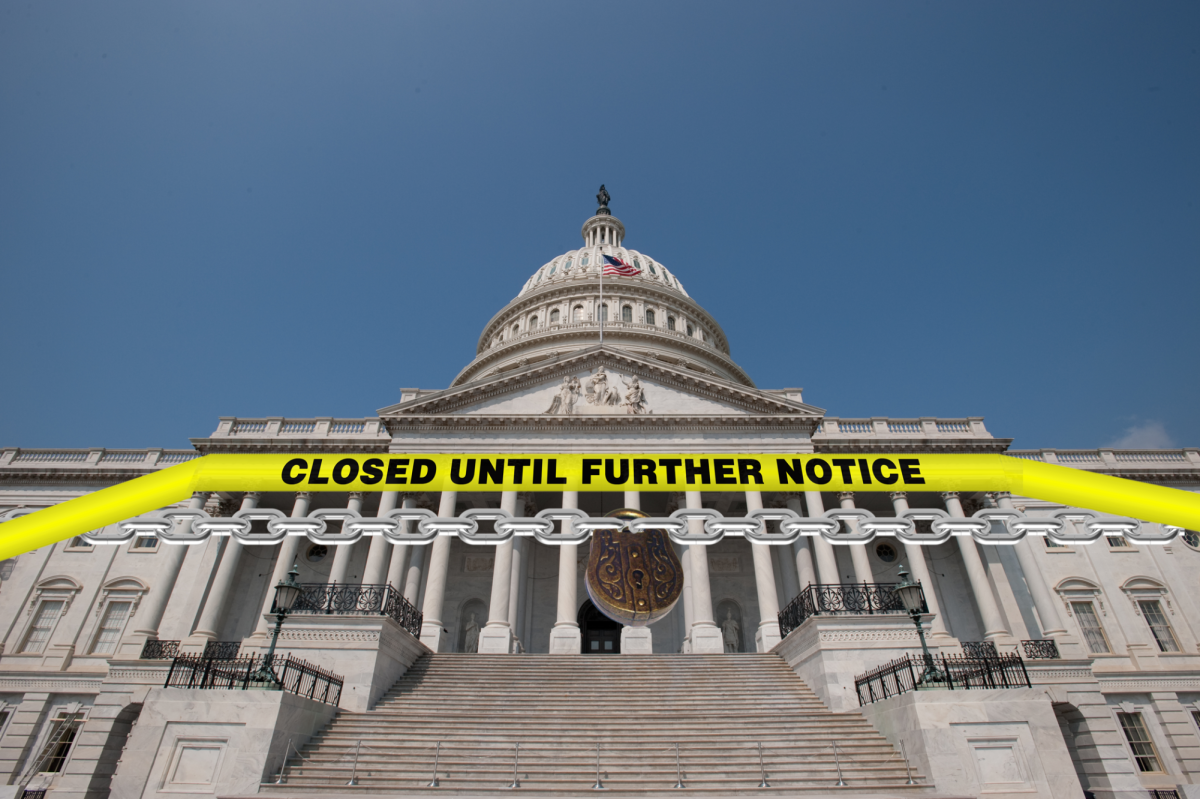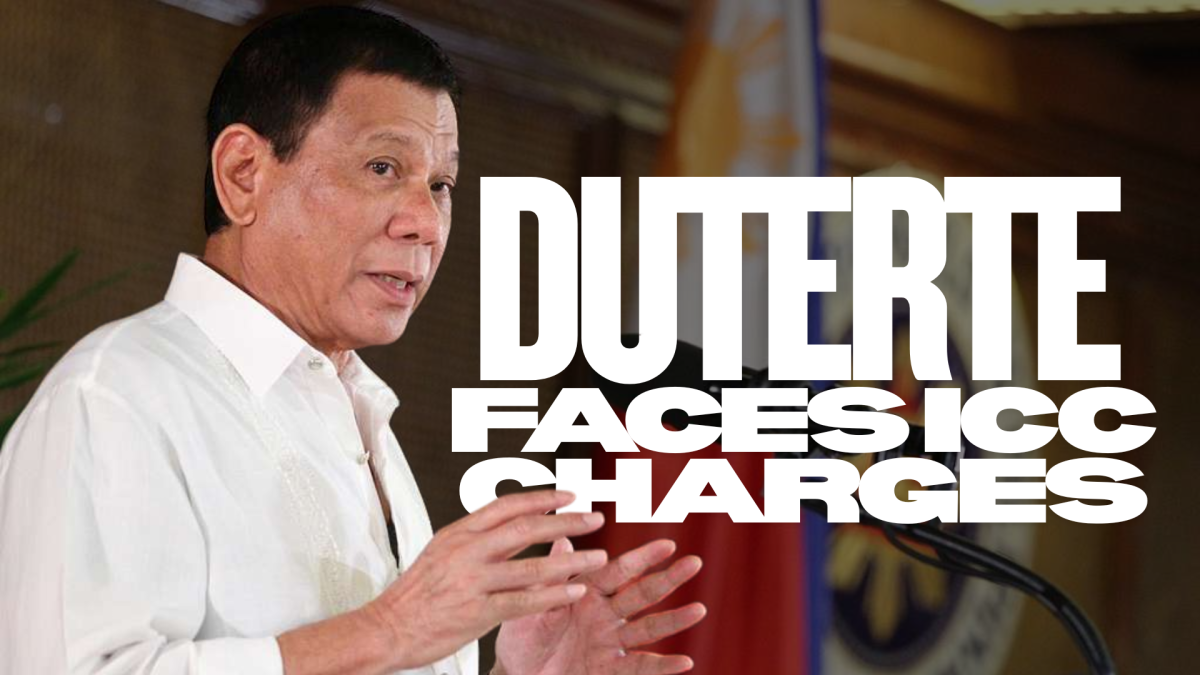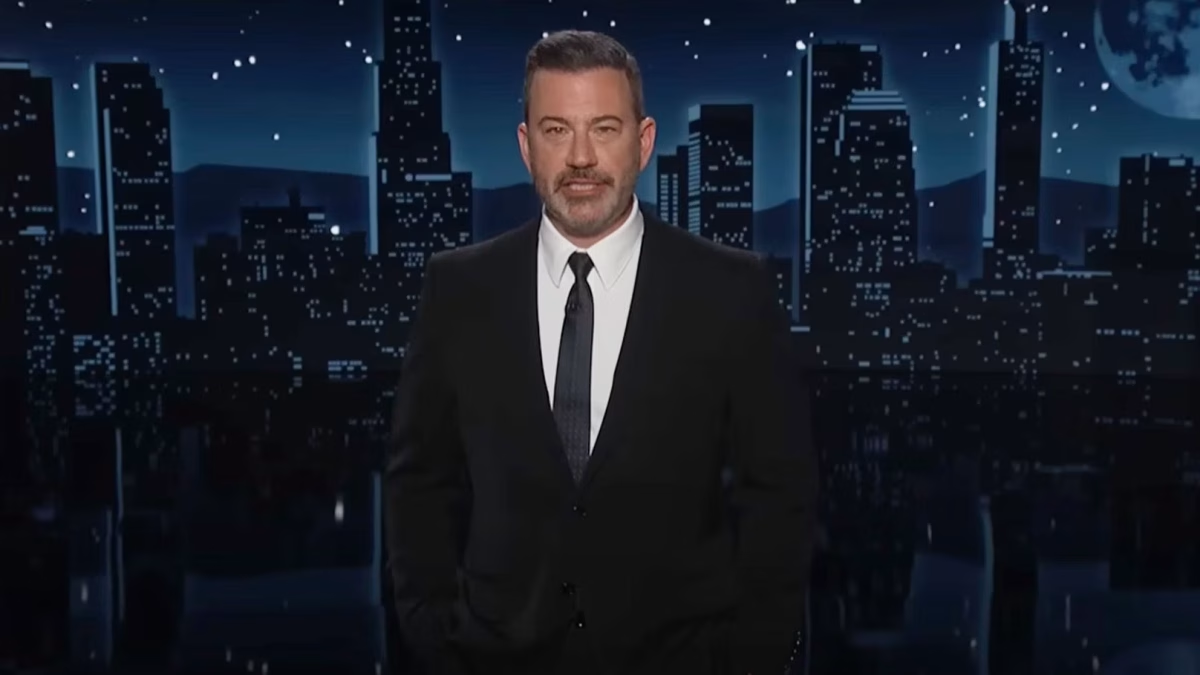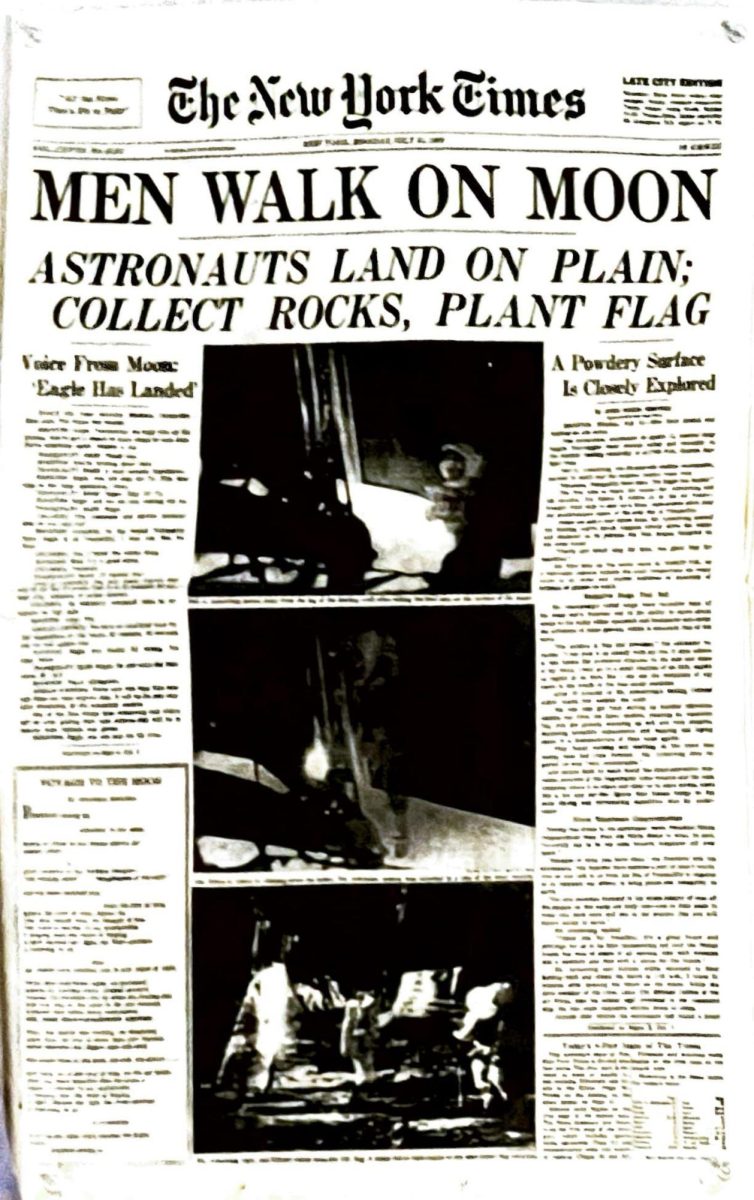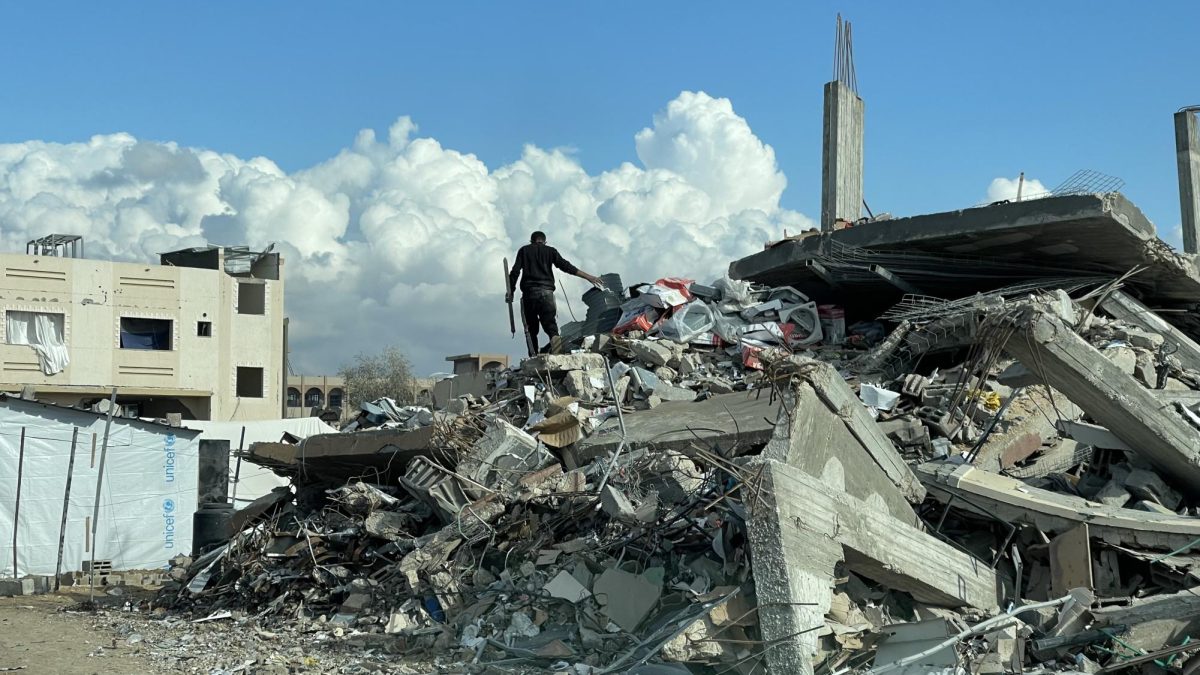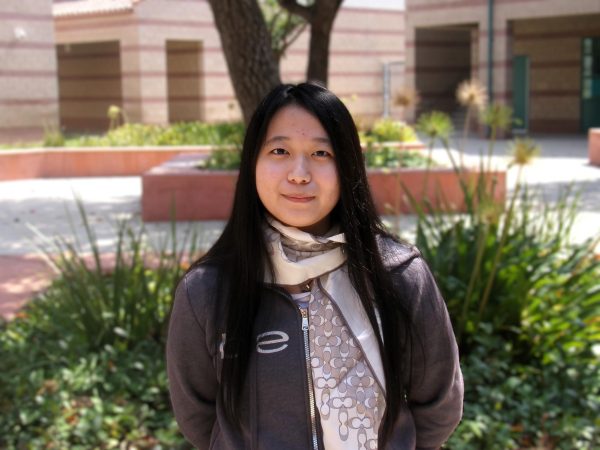Ever since the ongoing conflict in Gaza broke out last year, pro-Palestine activists have been working to advocate for the liberation of Palestine. This recently led to protests of multiple multi-million-dollar corporations over their connections with Israel—namely, the boycotting of Starbucks, McDonalds, and Disney otherwise known as the big three.
Boycotts surrounding Starbucks started as early as October, due to the company suing the Starbucks Workers United union for their pro-Palestinian sentiments. The indirect confirmation that Starbucks was siding with Israel, combined with the ensuing lawsuit incentivized social media users to boycott the corporation. Most users have taken to social media platforms such as TikTok, Instagram, and X, formerly known as twitter, to express their distaste for Starbucks’ sentiments with the hashtag: #boycottstarbucks. Starbucks saw a slight decrease in their stock market during October with their lowest stock price being $89.48. However, around November it increased to $107.21, only to decrease once more during December and January.

The Boycott movement brought significant negative business impacts to McDonald’s, especially in the Middle Eastern markets.
Back in October, Chris Kempczinski, the CEO of McDonald’s said he was “deeply disturbed by the acts of antisemitism and Islamophobia” in a message reported on by the media.
According to Times Square Investment Journal, the company shared on Instagram an image of the franchise providing free meals to the Israeli Defense Forces (IDF). The company’s account (@mcdonalds_israel) went private afterward. Boycotts against McDonald’s spread not only on social media but also in stores. The company’s sales decreased by a whopping 70% in October and November compared to 2022. Malaysia McDonald‘s donated 1 million Malaysian ringgits ($216,000) to a Palestinian humanitarian fund created by the country’s government. The ongoing conflict led to Gerbang Alaf Restaurants Sdn Bhd, the franchise owner filing a lawsuit against the Boycott, Divestment and Sanctions (BDS) for $1.31 million or 6 million Malaysian ringgits.

The Walt Disney Company had found itself in some controversy due to the donation of 2 million dollars towards the Israel Humanitarian Relief Following the Hamas Attack. Disney also pledged 1 million dollars to Magen David Adom, which is part of the Red Cross Red Crescent movement that provides medical services for Israel.
CEO of The Walt Disney Company, Bob Iger told Variety “We condemn these attacks, the hate that motivated them, and all acts of terrorism, and we will continue working to find more ways to provide support in the region, and to honor the victims, their families, and all those affected by this war.” expressing the motivation behind the donation.
Disney fans and critics alike expressed their discontent with Iger’s statement by canceling their Disney+ subscription and refusing to watch any recent films in theaters. Disney’s stocks saw a decrease in October with their lowest stock being $79.32, however found themselves increasing during December and January once more (More information here).
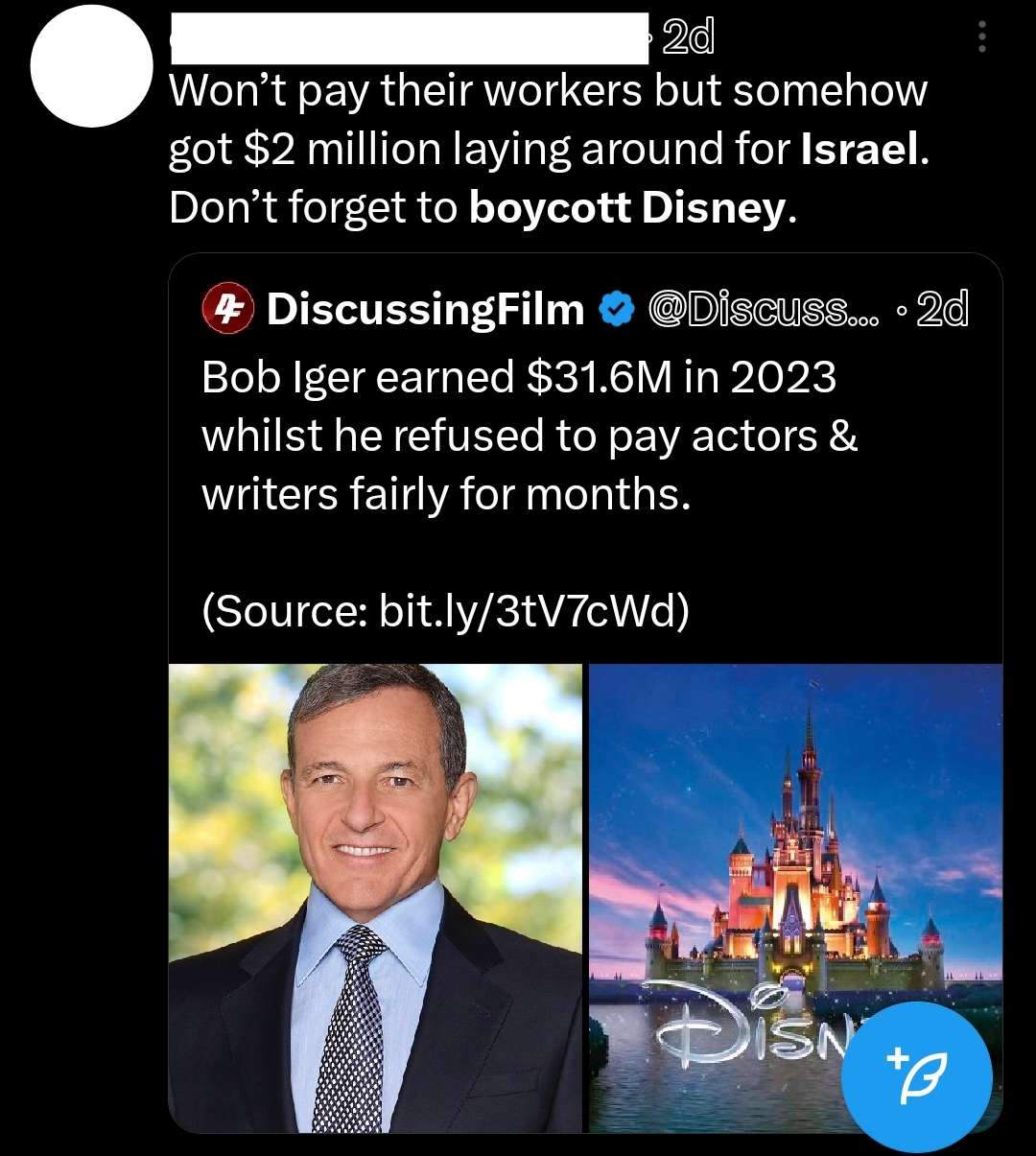
Eli Hammond, a junior from Eleanor Roosevelt High School gave his take on the recent ensuing boycotts “I believe that the boycotts are needed, it’s a form of protest and an easy way to help people.”
He continues “I have been partaking in the boycotts, and even if it’s not much help, I know it does something.”
Another junior from Eleanor Roosevelt High School, Ember Collado shared a different perspective “I feel like the boycotts cause little change in the conflict. It is needed and does a good job in spreading awareness about what’s happening between Israel and Palestine however we have no control over the situation”.
Collado elaborates on her previous statement claiming, “gathering lots of people that know about Israel’s oppression of Palestinians won’t entirely end the war between the opposing two nations.” exclaiming her stance on the complex issue.

